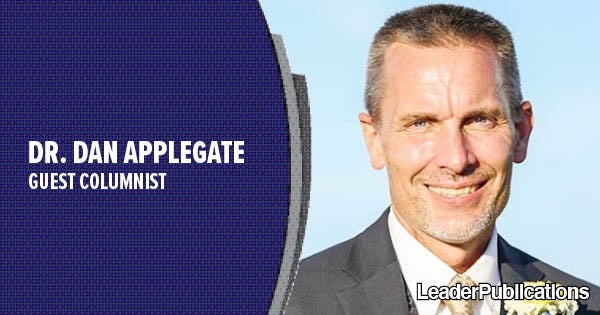The, as yet, unfinished history of politics
Published 10:03 am Friday, March 31, 2017
Part 2
This is a history lesson, told in three parts, contrived in the truest sense of fabricated historical recording.
In Part 1, we learned about the Intolera Lactosians — a tribe that (in ascending order of importance) ate wild game and maple syrup, ushered in the first peaceful transition of political power, and invented the out-house.
The Dairias Homogenus:
The Dairias Homogenus were a peaceful clan of harvesters and imbibers. They occupied a large expanse of land on the western shore of the Lower Intestinal River where vineyards of wild grapes, rope hemp meadows and an abundance of fruit trees provided ample sustenance.
Although wild boar, bison and free range chickens also roamed the savannah, the ethos of the Dairias Homogenus was that of peace and sharing. Their cultural beliefs did not include a carnivorous diet as the thought of eating dead animal parts was an unknown concept.
The Dairias Homogenus had a very strong philosophical, almost religious, aspect to their culture.
They believed in rules.
Every member of the clan was encouraged to discover the rules.
They met in community groups to discuss the rules.
They wrote the rules down for all to learn.
They shared their interpretations of the rules, with all interpretations receiving a ribbon for participation.
The most important rule within the Dairias society was that “Rules Exist.”
However, no member of the clan had ever discovered a rule which stated that the rules had to be followed — they just existed. Much like the law of gravity exists — it does not have to be enforced.
Therefore, clan leadership was not obligated to enforce any of the rules.
Community and ritual festivity was a large part of their way of life, with most celebrations consisting of consuming aged grape squeezing while singing, banging on drums, and dancing around a hemp rope fire. Each year, during the most hallowed of clan festivals, the Celebration of Rules, the members of the clan decided who should be selected to hold the venerated title of Party Planner.
This was the most prestigious position within the Dairias Homogenus clan, with the powerful responsibility of scheduling all festivals and celebrations. Each Party Planner was held to strict term limits of only one year. Therefore, the Party Planner had very limited opportunities to get things right — and very little opportunity to mess things up.
As a way to eliminate long campaigns, the candidate with the fewest votes won.
The culmination of all celebrations was the sharing of all rules discovered since the previous celebration. The rule for determining what was a “rule” and what was not a “rule” was very clear. If you could wish it, want it, need it, or by any other means try to make it so — it was not a rule.
If it didn’t make any difference what you or anyone else thought, felt, or wanted. If it was going to be what it was going to be — if it was an undeniable truth — then it was a rule (remember the gravity thing? You can argue against it all you want, but things are still going to fall down).
Everything else was labeled as, “I want things my way,” and expected to be ignored.
As the decades transitioned into a lot longer than that, the people of the Dairias Homogenus clan also transitioned. Clan membership grew in numbers, but many more grew in age. Celebrations continued, but the gathering around the hemp rope fire slowly changed.
Some clan members started showing up for the celebrations at 2 in the afternoon, ate dinner at 4:30, and were home in bed by 8.
Rules continued to be discovered and, one year, an undeniable truth was uncovered, “Old age always wins,” which was the precursor to the “Death and Taxes” rule.
Thus, what became known as the Ultimate Rule was discovered, “Life happens.” It was with the power of this knowledge that the Dairias Homogenus culture grew, flourished, and migrated to Big Sur, California.
Larry Wilson is a mostly lifelong resident of Niles. His optimistic “glass full to overflowing” view of life shapes his writing. His essays stem from experiences, compilations and recollections from friends and family. Wilson touts himself as “a dubiously licensed teller of tall tales, sworn to uphold the precept of ‘It’s my story; that’s the way I’m telling it.’” He can be reached at wflw@hotmail.com.





